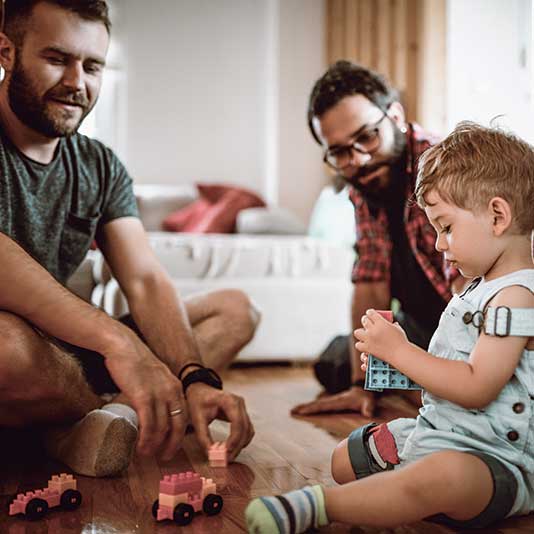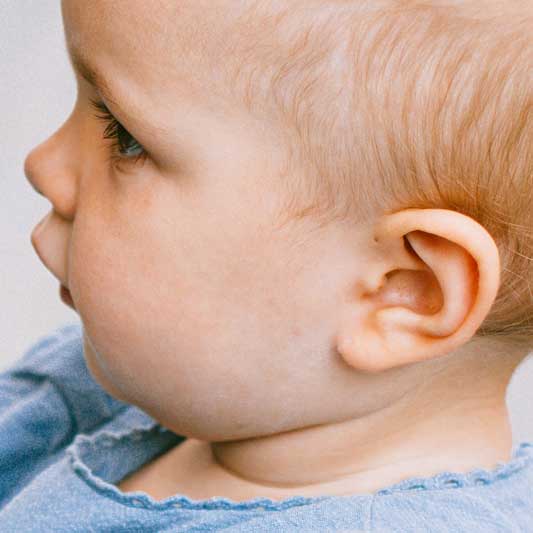Six Month Milestones and Play Ideas
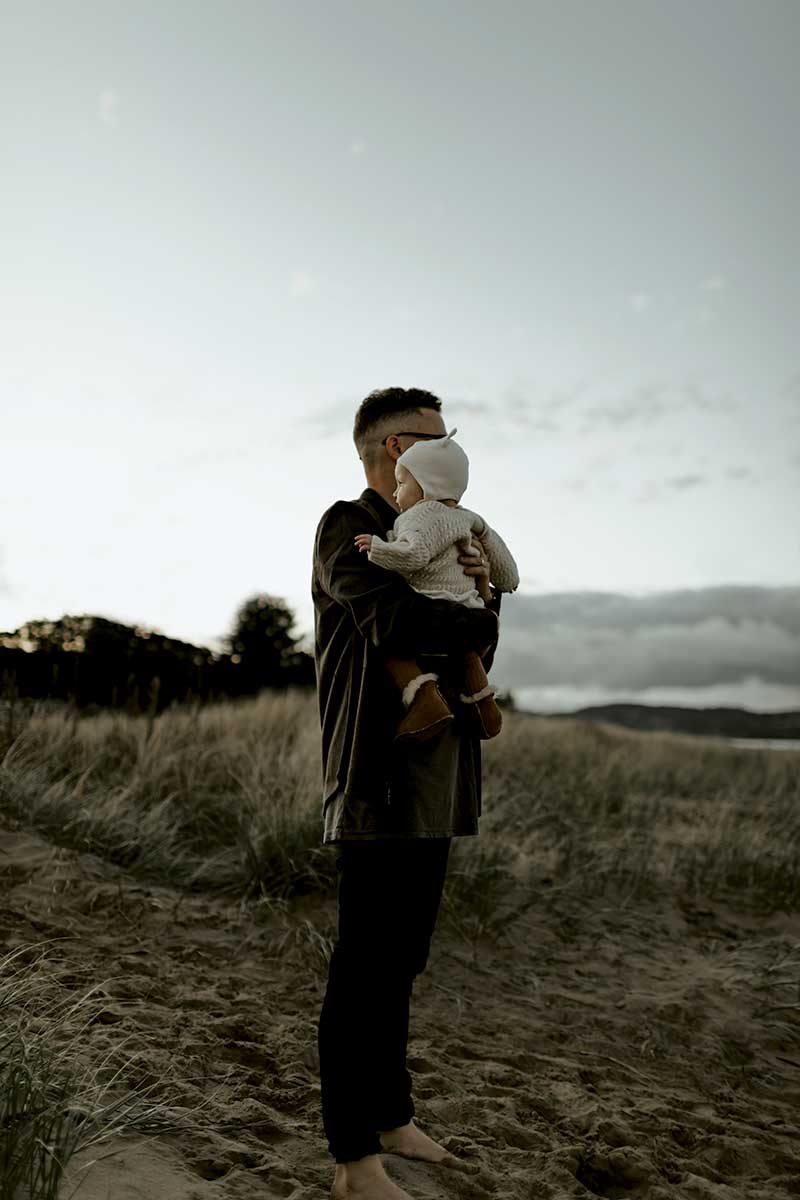
PHOTOGRAPHY Kirsty Stone @thesearethegoldendays
A general guide for what most babies learn to do by six months in terms of social, communication and physical skills, and how you can best support their development.
MILESTONES
By six months, most well, full term babies will be able to:
- Roll over from their back to their tummy and back again.
- Reach and grasp.
- Chew on their hands and toys.
- Turn towards voices and sounds.
- Respond to sound by making noises.
- Clap their hands.
- Transfer objects from one hand to the other.
- Play peek-a-boo.
- Copy you.
- Respond to their name.
- Understand ‘no’.
- Babble.
SUPPORTING YOUR PĒPI
From six weeks to six months old, you can help your baby’s learning and development by:
- Responding to them when they coo and make ‘talking’ noises. Have a conversation with them.
- Not propping them up to sit. Prematurely sitting your baby up before they can get into the sitting position on their own can interrupt the natural pattern of gross motor development – rolling, crawling, sitting, standing up, standing up alone, and walking on their own. Forcing a baby to sit before they can do so independently can inhibit them from learning how to move their own body.
- Knowing that you are the best toy for your pēpi. You can play peek-a-boo with them, talk to them, pull faces and blow raspberries – they’ll love the personal interaction!
- Placing toys just out of reach to encourage them to roll. This will also teach them to reach and grasp.
- Allowing for some quiet time. Limit the TV and radio noise when your baby is awake to give them space to find their voice.
- Reading books to your baby. You can borrow books from your local library.
- Signing up to your local toy library. This is a great way to try keep your little one entertained with some new toys to play with, without the commitment of having to buy them!
- Letting them enjoy some nappy-free time. Without the bulk of a nappy, rolling is made easier, plus they’ll love the freedom.
THINGS TO WATCH FOR
Speak to your GP if you notice that your baby:
- Isn’t using or moving both of their arms and/or legs.
- Is unable to hold their head up by four months old.
- Doesn’t look at you.
- Doesn’t follow moving objects with their eyes.
- Has a lazy eye (an eye that turns in or out), crossed eyes, or a squint.
- Has unusual eye movement, such as jerky movements or wandering/roving eyes.
- Searches for objects with their hands rather than looking for it with their eyes.
- Brings objects close to their eyes.
- Isn’t making sounds or doesn’t respond to sounds.
- Isn’t interested in their environment or what’s happening around them.
Did you know that the first colour your baby saw was red? By six months most babies’ eyes have developed to see in full colour vision.

Listen: Nursery Rhymes
by The Wiggles.
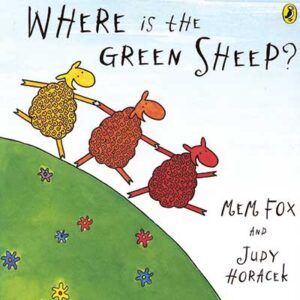
Read: Where is The Green Sheep?
by Mem Fox and Judy Horacek, $17.99.
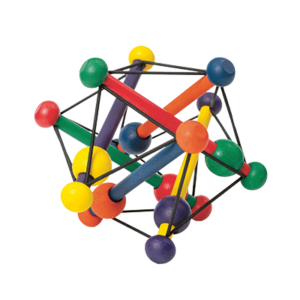
Play: Manhattan Skwish Ball, $42.
THINGS TO REMEMBER
There is a wide range of what’s ‘normal’. Every child is different and they all reach milestones at various speeds and ages. See our article on newborn development and play ideas here.
Try not to compare your pēpi to others. It can often cause you more stress and worry than good.
